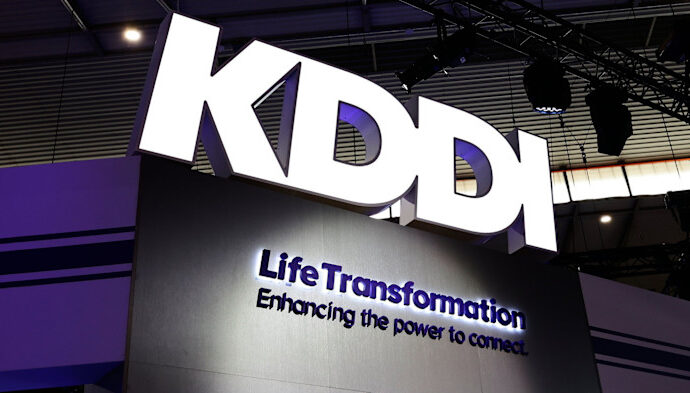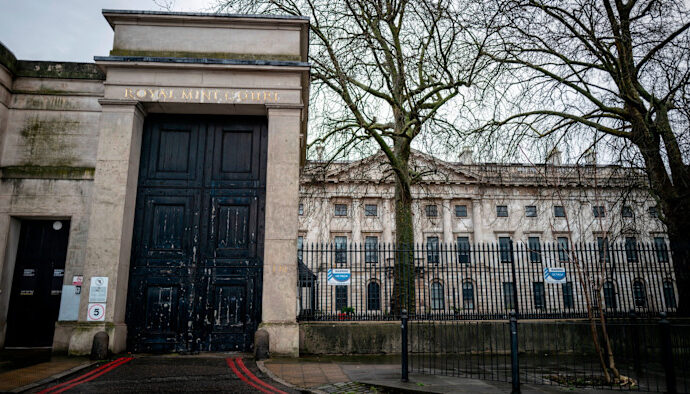Unlock the Editor’s Digest for free
Roula Khalaf, Editor of the FT, selects her favourite stories in this weekly newsletter.
South Korea’s economy contracted in the first quarter, with political turmoil hitting consumer sentiment in Asia’s fourth-largest economy while business concerns grew over President Donald Trump’s tariffs on exports to the US.
South Korean GDP fell 0.2 per cent quarter on quarter in the first three months of this year, according to data released by the Bank of Korea on Thursday, hours before senior ministers were set to launch trade talks with the Trump administration. The economy contracted 0.1 per cent from a year earlier.
The contraction came as worries intensified about US tariffs and the Trump administration’s imposition in mid-March of a 25 per cent duty on steel imports from South Korea.
The data showed domestic consumption fell 0.1 per cent in the quarter as consumers cut back on spending amid a political crisis sparked by President Yoon Suk Yeol’s shortlived attempt to impose martial law in December.
Yoon was dismissed from office this month, forcing a new presidential election scheduled for June 3.
Construction and facility investment fell 3.2 per cent and 2.1 per cent, respectively, while exports declined 1.1 per cent.
“The government has failed to actively respond to the slowing economy because of the leadership vacuum,” said Kim Jin-wook, an economist at Citigroup. “Korea is one of the countries hit hardest by the US-China trade war because of its big exposure to trade with both countries.”
The US and China are South Korea’s two biggest trade partners.
South Korea’s growth prospects have dimmed since Trump this month imposed 25 per cent tariffs on cars and vehicle parts, which together account for about a third of the country’s exports to the US.
The BoK warned last week that the economy faced considerable downside risks from Trump’s trade policy. The IMF this week cut South Korea’s growth outlook to 1 per cent, down from its January forecast of 2 per cent.
As well as the duties on cars, the US has introduced a blanket 10 per cent tariff on imports from South Korea.
Finance minister Choi Sang-mok and industry minister Ahn Duk-geun were scheduled to meet their US counterparts in Washington later on Thursday for negotiations over tariffs. Ahn has said he will seek to reach a speedy agreement on the lifting or reduction of the vehicle duties.
Acting president Han Duck-soo told the Financial Times last week that South Korea would “not fight back” against Trump’s tariffs, citing the country’s historical debt to Washington.
Han said Seoul would instead seek “solutions which are more win-win for both”.
South Korean customs data issued on Monday suggested the US duties were already having an impact, with exports down 5.2 per cent from a year earlier in the first 20 days of April. US-bound shipments fell 14.3 per cent and those to China dropped 3.4 per cent.
While US tariffs as high as 145 per cent on Chinese goods could offer an opportunity for South Korean exporters, its trade with China could also be affected by a slowing Chinese economy, analysts warned.
“We are at the beginning of an economic crisis because of the looming global recession,” said Citigroup’s Kim. “Even if the Korea-US negotiations go well, there is no answer to the slowing economy if the US-China tariff war continues.”
Seoul is preparing a Won12tn ($8.4bn) extra budget to cope with the tariffs, but economists have said it will not be enough to fully cushion the blow.
The BoK, which held its base interest rate unchanged at 2.75 per cent last week, has hinted it will cut rates in the coming quarters to support slowing growth.
The South Korean currency fell to a 16-year low against the dollar this month, while high household debt has also weighed on domestic consumption.
“More policy support is needed to shore up the economy, but the BoK won’t be able to hit the accelerator because of the [exchange rate and household debt] barriers,” said Park Jeong-woo, an analyst at Nomura.


